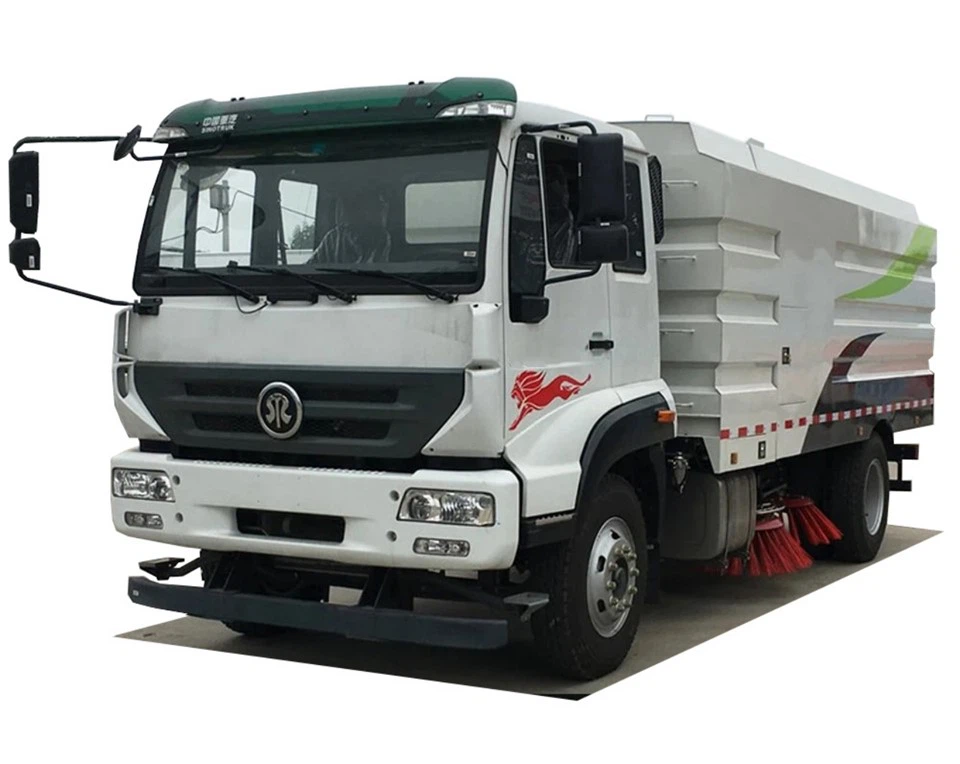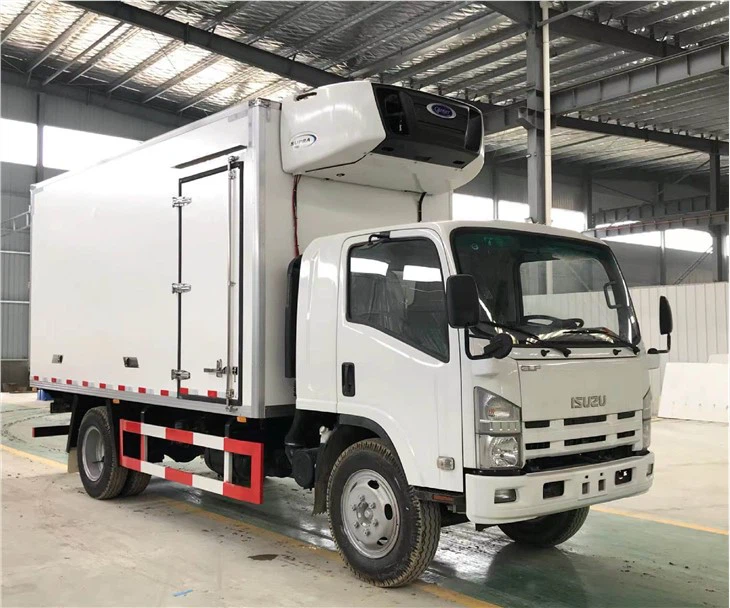Tanker Trucks in the Military: The Essential Role of Fuel Logistics

Tanker trucks are integral to military operations, serving a vital role in logistics, fuel transportation, and combat readiness. This comprehensive article explores the functionality, types, and operational importance of military tanker trucks, highlighting their technical specifications, use cases, and contributions to military efficiency.
Understanding Tanker Trucks
A tanker truck, also known as a fuel tanker, is a specialized vehicle designed to carry liquids. In military applications, they are primarily used for transporting fuel to various operational sites. Understanding their operation and function is crucial to appreciating their value in military logistics.
The Anatomy of a Military Tanker Truck
Military tanker trucks feature unique engineering tailored to their specific needs:
- Tank Material: Typically made from steel or aluminum for strength and durability.
- Tanker Capacity: Ranges from 1,000 to over 5,000 gallons, varying by military branch and mission needs.
- Compatibility: Designed to transport multiple types of fuels, such as diesel, gasoline, and jet fuel.
- Fuel Dispensing Systems: Equipped with pumps, hoses, and nozzles to facilitate rapid refueling during operations.
Types of Military Tanker Trucks
| Type | Description | Usage |
|---|---|---|
| Fuel Tanker | Transports liquid fuels directly to the front lines. | Combat operations, refueling aviation and ground units. |
| Water Tanker | Delivers potable water for soldiers. | Field camps, humanitarian missions. |
| Multi-Fuel Tanker | Capable of carrying multiple fuel types. | Flexible operations, various fuel needs at logistics hubs. |
| Refueler Trucks | Specifically designed for aircraft refueling. | Aerodromes, heliports. |

The Importance of Fuel Logistics in Military Operations
Fuel is a critical resource for military operations. Proper fuel logistics ensures that military vehicles and aircraft remain operational, thus directly influencing mission success.
Challenges in Military Fuel Logistics
Military fuel logistics face various challenges:
- Supply Chain Disruptions: Conflicts can hinder the supply routes.
- Environmental Factors: Extreme weather can impact fuel delivery.
- Security Concerns: Fuel convoys can be targets for enemy attacks.
Best Practices for Effective Fuel Logistics
To overcome these challenges, military logistics employ several best practices:
- Route Planning: Utilizing satellite imagery and intelligence to plan the safest routes.
- Real-Time Tracking: GPS technology enables fuel truck tracking for efficiency.
- Training Personnel: Regular training ensures quick response to any fuel logistics issue.
Operational Use Cases of Military Tanker Trucks
Tanker trucks are versatile and used in various military scenarios:
Combat Operations
In combat zones, tanker trucks are crucial for ensuring that ground troops and vehicles have constant access to fuel. Quick refueling allows armored units to maintain mobility and readiness.
Humanitarian Missions
Military tanker trucks also play a role in humanitarian missions, providing water and fuel in areas affected by crisis. Fuel tanker trucks can help in rebuilding efforts by providing necessary resources to displaced populations.
Training Exercises
During training exercises, tanker trucks are used to simulate real-life fuel logistics scenarios, preparing military personnel for operational challenges they might face in the field.
Technical Innovations in Military Tanker Trucks
With advancements in technology, military tanker trucks are continually upgraded:
Advanced Fuel Systems
New fuel systems allow for faster pumping speeds and increased safety features, reducing the time required to refuel vehicles.
Enhanced Durability
Modern materials and designs provide increased durability against both physical damage and harsh environments.
Automated Systems
Some newer models feature automated fuel management systems that monitor fuel levels and distribute fuel without manual intervention, enhancing efficiency.
Safety Standards and Protocols
Safety is paramount in military operations, particularly when dealing with flammable materials. Military tanker trucks adhere to strict safety protocols:
Operational Safety Measures
- Regular Inspections: Routine checks on equipment to prevent leaks and failures.
- Employee Training: Tanker truck operators undergo extensive training on safety practices.
- Emergency Procedures: Established protocols for spills and accidents, including containment procedures.
Acknowledging Environmental Impact

Military operations are increasingly aware of their environmental footprint. Tanker trucks are being designed with better emissions control and spill prevention technologies, emphasizing sustainability in military operations.
Future Trends in Military Tanker Truck Development
The future of military tanker trucks promises exciting innovations, driven by the necessity of modern warfare:
Electrification of Tanker Trucks
As the military looks to reduce its reliance on fossil fuels, there are discussions around developing electric military tanker trucks. This could be a step toward sustainable operations in the field.
Increased Autonomy
The integration of autonomous driving technology could enhance the operational capabilities of military tanker trucks, allowing for unmanned fuel delivery under controlled conditions.
FAQs about Military Tanker Trucks
What is the primary function of military tanker trucks?
The primary function of military tanker trucks is to transport fuel necessary for various military operations, ensuring that vehicles and aircraft remain operational during missions.
How are military tanker trucks different from civilian ones?
Military tanker trucks are designed for durability, carry a higher volume than most civilian tankers, and have specialized technologies for rapid refueling during combat operations.
What types of fuel can tanker trucks transport?
Military tanker trucks can transport a variety of fuels, including diesel, jet fuel, and gasoline. Some tanker models are specifically designed for multi-fuel transport.
How do military tanker trucks ensure safety during operations?

They employ rigorous operational safety measures, including regular inspections, training for personnel, and established emergency protocols to manage any hazardous situations that may arise.
Are there efforts to modernize military tanker trucks?
Yes, ongoing innovations include improvements in fuel systems, enhanced materials for durability, and technology like automated fuel management systems for efficiency and safety.
What are the consequences of ineffective fuel logistics in the military?
Ineffective fuel logistics can lead to operational failures, decreased military readiness, and increased vulnerability during critical missions as vehicles may become immobilized without sufficient fuel.
Conclusion
Military tanker trucks represent a cornerstone of military logistics and operational success. As military technology advances, the roles and designs of these vital vehicles continue to evolve, ensuring that military forces remain capable and agile in their missions.
